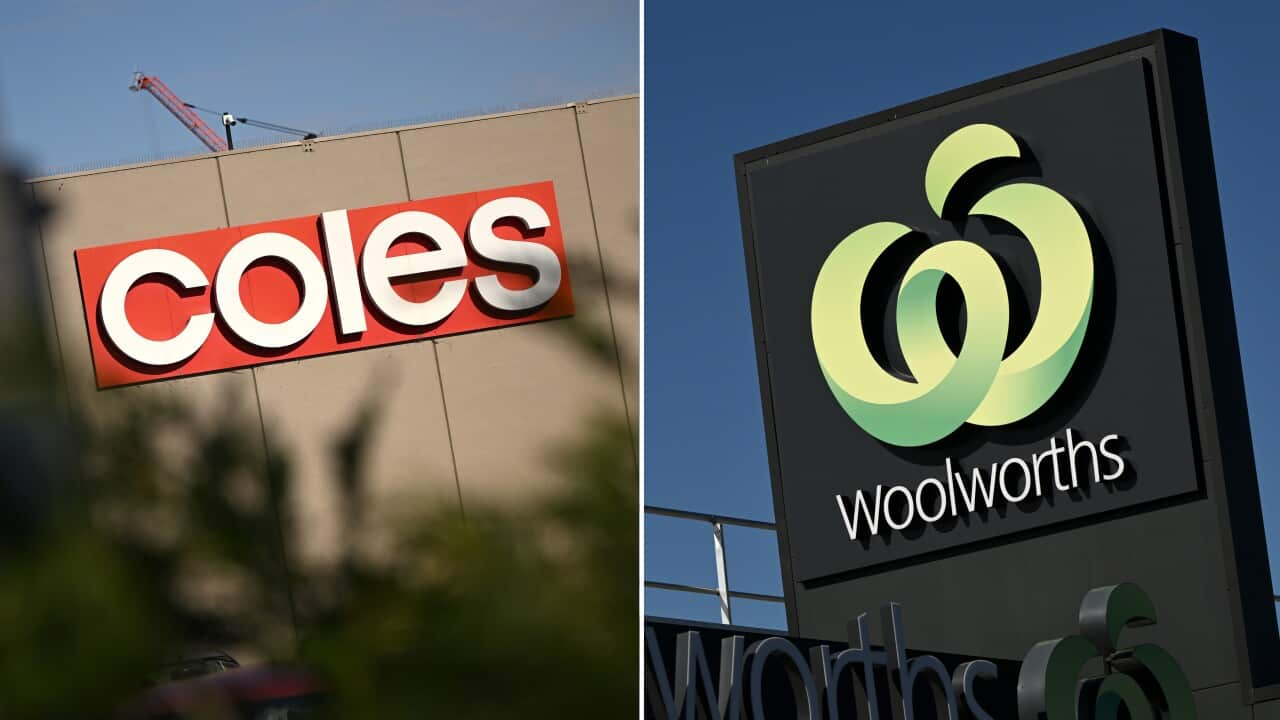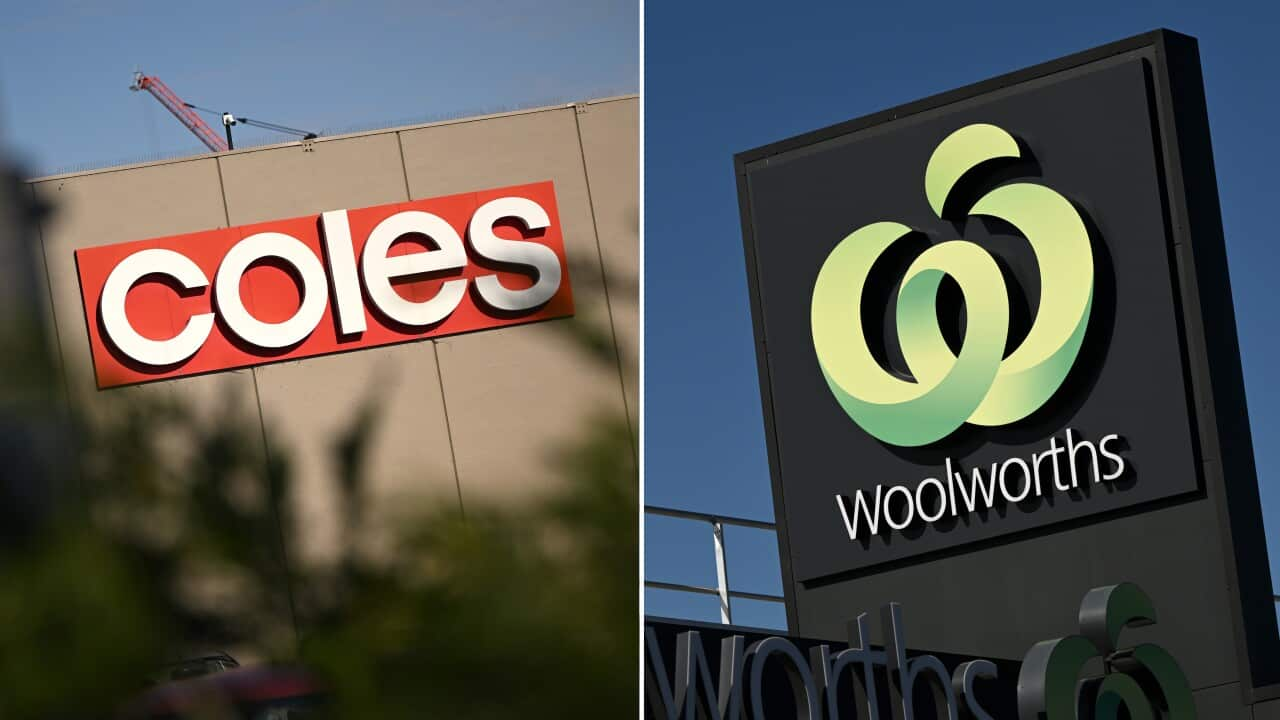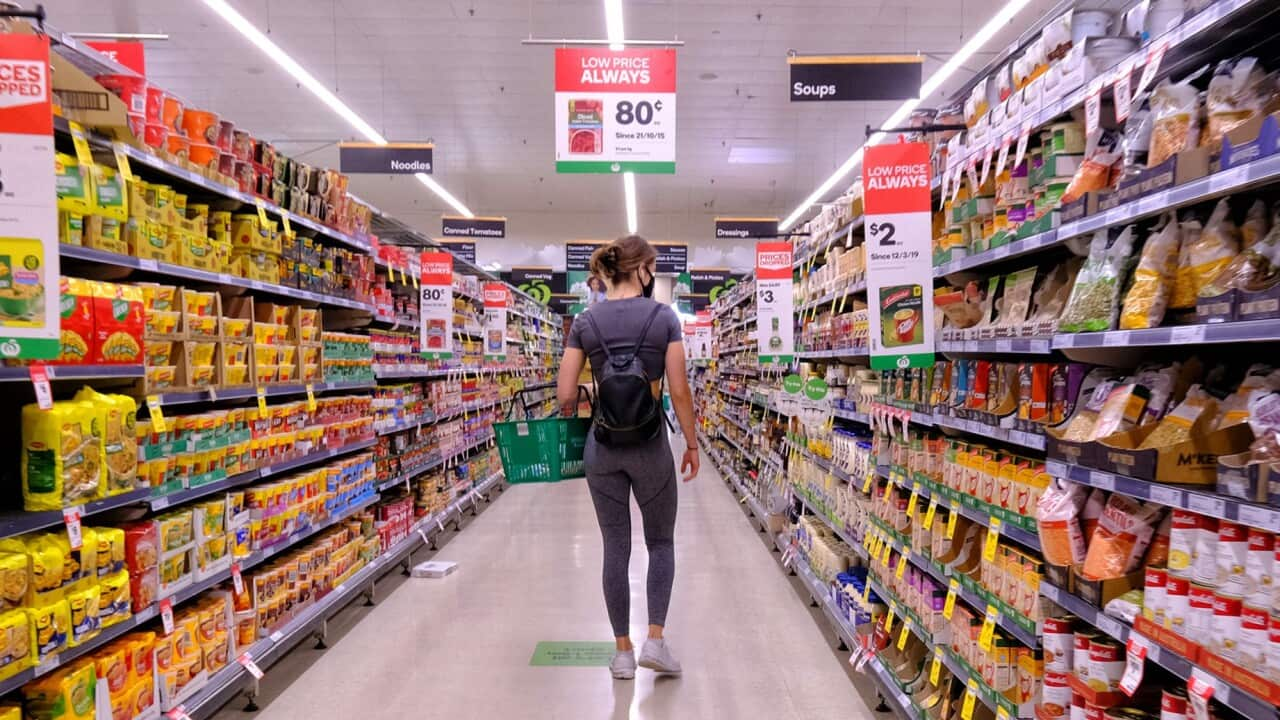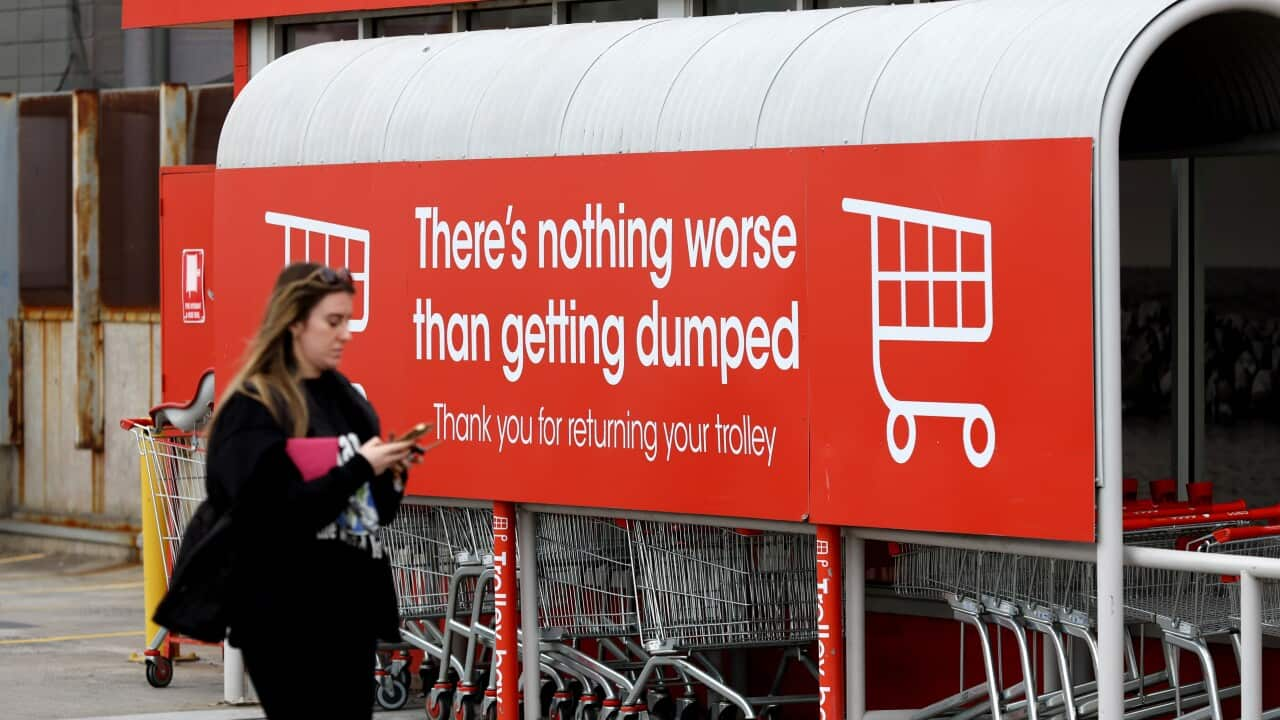Supermarket giants Coles and Woolworths are facing record levels of distrust among consumers, according to a pollster.
Roy Morgan said that the two major retailers were Australia's two most trusted brands in 2022 and 2023, but they have since tumbled. Woolworths was the nation's most distrusted brand after falling 239 places with Coles not far behind after dropping 237 places, according to an October survey of at least 2,000 respondents taken by Roy Morgan.
It was the highest level of distrust they had recorded since Roy Morgan began tracking this measure in 2017.
That fall came as the supermarkets price-setting practices have faced increased scrutiny, including through which is due to hand down its final report in late February.
Michele Levine, CEO of Roy Morgan, distrust has a "potent impact" on consumer behaviour, labelling it "a virus for brands"
"While trust creates loyalty, distrust can drive customers into the welcoming arms of more trusted brands," she said in a statement on Thursday.
Levine said Roy Morgan research suggested public expectations for ethical conduct, transparency, and community welfare have increased following the height of the COVID-19 pandemic.
"Australians are holding brands to higher standards, and those that fail to meet these expectations face reputational consequences," she said.
SBS News has contacted Coles and Woolworths for comment.
Factors contributing to brand trust
Professor Gary Mortimer from the Queensland University of Technology, who specialises in retail marketing and consumer behaviour, said several key factors influence a brand's trustworthiness with Australian consumers.
"Willingness to provide transparent and relevant information is a key component in building and maintaining trust with consumers," he said.
He said a lack of transparency can result in allegations of "profiteering or price gouging".
"The provision of information is even more important as it can reduce the perceived economic risk associated with grocery shopping," he said.
"Especially in relation to 'dodgy discounts' or misleading promotional labels."
The Australia Competition and Consumer Commission announced in September that over what it alleged were misleading discount claims.
Both Coles and Woolworths have denied the allegations and say the cases are misconceived.
The impact of 'politicised' food prices
Mortimer argues that the shift in trust levels for Coles and Woolworths is due to the "politicisation" of food prices, which has contributed to the current negative perceptions.
"I feel that these 'most distrusted brands' results are an outcome of politicising food prices and specifically singling out two supermarkets," he said.
"When overall inflation has increased, politicians choose to focus only on food price inflation and attribute those lifts to price gouging."
He said that higher prices are driven by increased input costs, including rising commodity prices, fuel prices, wages, and electricity and gas costs.
Mortimer believed Coles and Woolworths would likely focus on "more consistent pricing and strongly promoting low prices" to restore consumer confidence and address affordability concerns.












